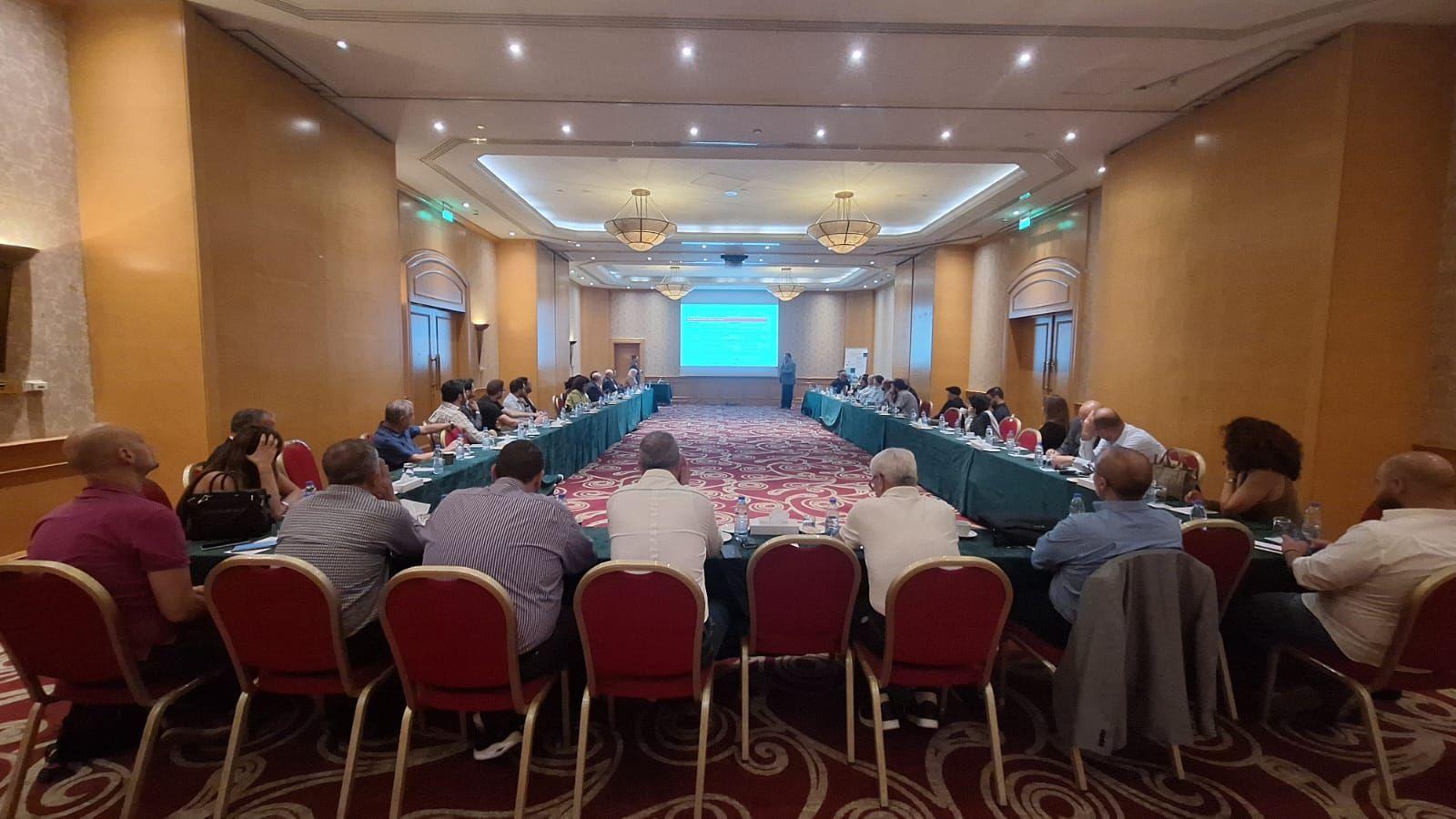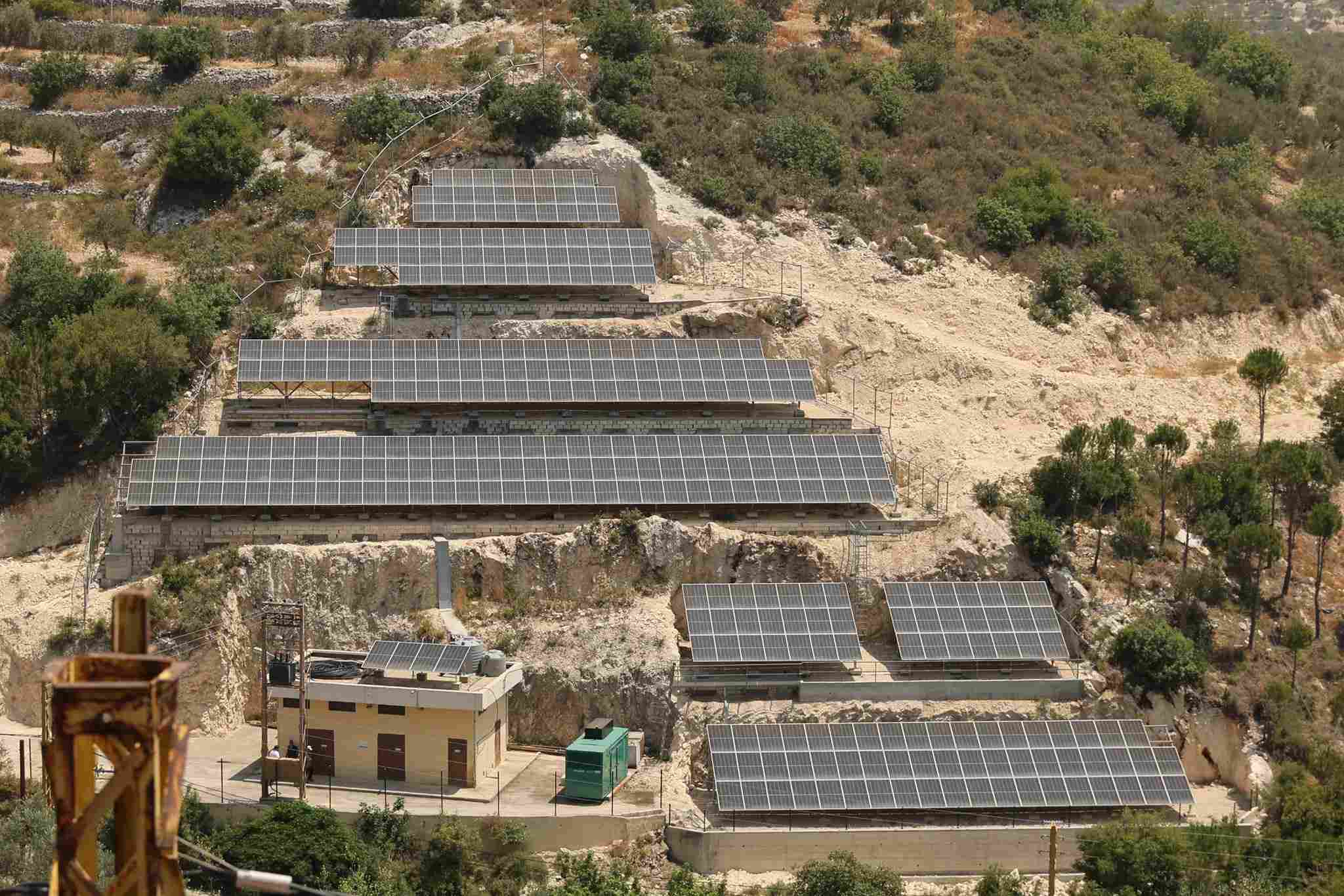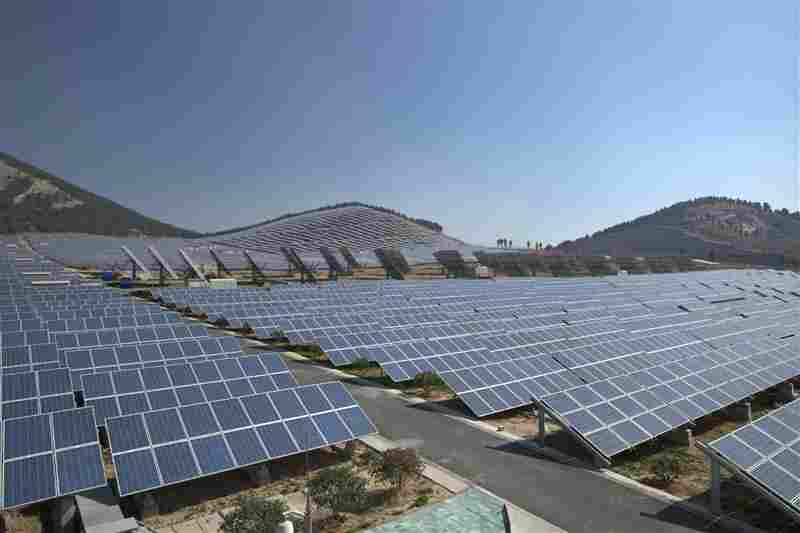
BEIRUT (Enmaeya News) — September 25, 2025
As part of the Lebanon Grand Energy Event 2025, the Lebanese Businessmen and Businesswomen Association (RDCL) held a special panel discussion during the opening of the conference at the Metropolitan Palace Hotel.
Participants included Minister of Energy and Water Joe Saddi, Minister of Industry Joe Issa Khoury, and President of the Industrialists Association Salim Zaatar.
Saddi outlined the ministry’s priorities, emphasizing the activation of the regulatory authority and ensuring its independence as a key step toward transparency and consumer protection.
He also stressed the need to separate the functions of power generation, transmission, and distribution to attract private investment.
“The gradual transition to natural gas is essential to reduce costs and achieve sustainability,” Saddi said. “Updating Law No. 462 has become necessary to keep pace with developments and strengthen the authority’s independence.”
Khoury, Minister of Industry, highlighted the role of energy costs in Lebanon’s industrial development.
“The national industry cannot advance without addressing energy costs,” he said. “Sustainable production requires solutions such as microgrids and expanding net metering to reduce costs and increase reliance on renewable energy sources.”
Khoury also called for “reforming the tariff system and linking it to quality and reliability.” He described decentralized production as “a fundamental step” and emphasized the need for “real banking facilities after years of reliance on self-financing.”
World Bank Regional Director Enrique Blanco Armas announced a new program to support renewable energy in Lebanon. “The World Bank has approved a program that includes the establishment of a national control center, the supply of additional solar power capacity, the rehabilitation of hydroelectric plants, and strengthening transmission networks,” he said.
“The program also includes institutional reforms to open the sector to high-quality private investment, as well as projects supporting the transition to natural gas to reduce production costs,” he added.
Industrialists Association President Salim Zaatar stressed the high costs of electricity for Lebanese manufacturers.
“The electricity costs borne by Lebanese industrialists are several times higher than what their competitors pay,” he said.
Zaatar called for “short-term solutions such as microgrids and simplified bureaucratic procedures.” He added that “early consideration of hydrogen opens a very important strategic horizon for Lebanon.”
The panel was part of a broader agenda at the Lebanon Grand Energy Event 2025, which includes workshops on microgrid development, international energy updates, and GIZ ACE project initiatives.
Organizers said the event is designed to prepare today for tomorrow’s energy challenges. They emphasized a vision for a resilient, decentralized, and sustainable energy future for Lebanon.






